Overview
Sunflower oil is pressed from the seeds of the sunflower plant (Helianthus annuus). It contains high amounts of the essential fatty acid, linoleic acid. Some sunflowers are grown to contain high amounts of oleic acid. Sunflower oil that comes from these plants is called high-oleic acid sunflower oil. It’s used as a source of polyunsaturated fat in the diet. Sunflower oil is light in taste and appearance and supplies more Vitamin E than any other vegetable oil. It is a combination of monounsaturated and polyunsaturated fats with low saturated fat levels.
Benefits
Sunflower oil is beneficial for heart health due to its high oleic acid content, which can enhance blood lipids and lower the chances of atherosclerosis, high blood pressure, and heart attacks. Additionally, it is a good source of vitamin E, which aids in preventing tissue damage, reducing inflammation, and alleviating asthma symptoms. The oil’s rich antioxidant properties, including vitamin A and selenium, help combat free radicals, thereby decreasing the risk of certain cancers, particularly colon and uterine cancer. Furthermore, sunflower oil supports the immune system by supplying linoleic acid, essential for immune function. Its healthy fats can help lower bad cholesterol levels and promote overall heart health. For skin care, sunflower oil retains moisture, fights dryness, and repairs damaged skin. It is lightweight, non-comedogenic, and suitable for all skin types, including those that are oily or prone to acne. Additionally, it nourishes the scalp, enhancing hair health and adding shine.
How To Use
Our Oils are obtained by using the mechanism of cold pressing. The cold-pressed oils are extracted from nuts, seeds, and peels of fruits with the help of steel pressers. Unlike others our oils do not use heat for extractions and are pressed at low temperatures, making them one of the bests. The seeds are crushed raw without roasting. It helps to retain the aroma, flavours, and healthy nutrition. The zero involvement of heat in the cold-pressed method makes it a better choice. Although it is a time-consuming process, the quality is much better when compared to the other oils. Besides retention, natural aroma, nutrition, flavour, and texture are its other highlights.
On the contrary, the refined oil-making process involves filtration through various unwanted and hazardous chemicals and heat, making the oils look light and shiny. This mechanized process makes the oilseed devoid of natural organic ingredients that our body needs daily. Refined oil has a lot of fat and is vacant of nutrition.


 Shop layouts
Shop layouts
 Food Supplements
Food Supplements
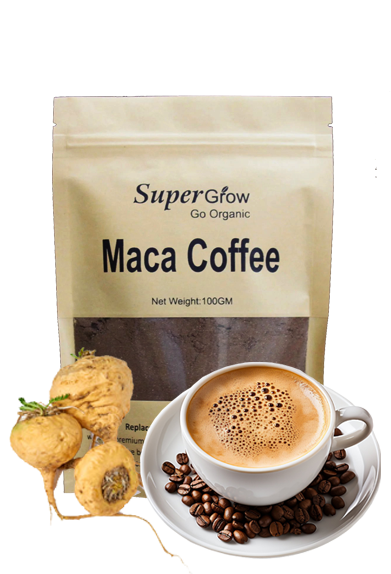
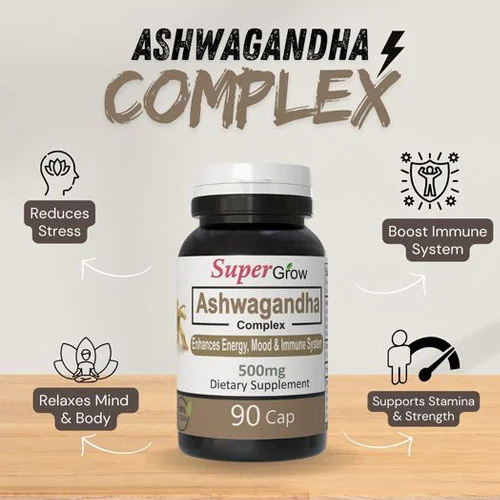
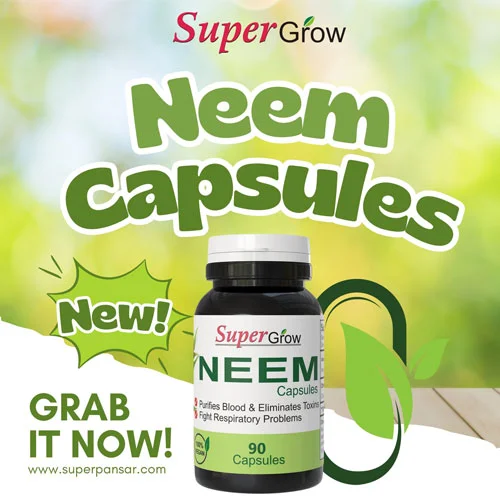
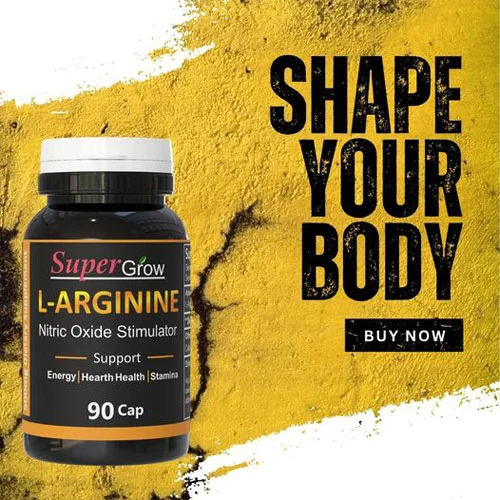

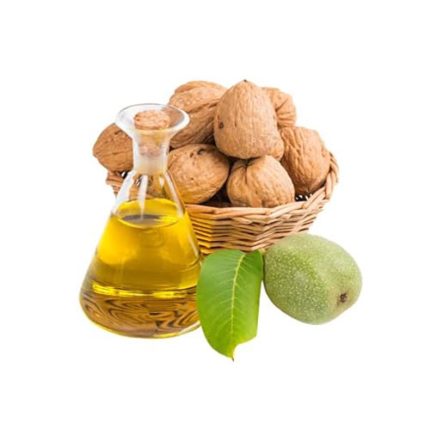
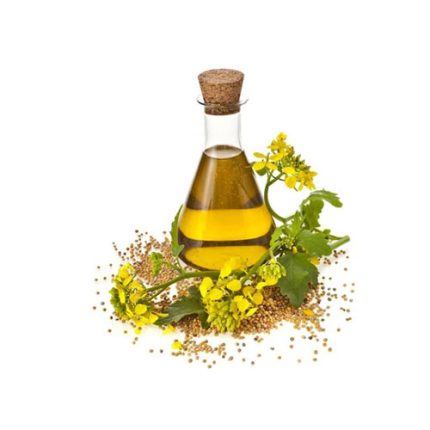
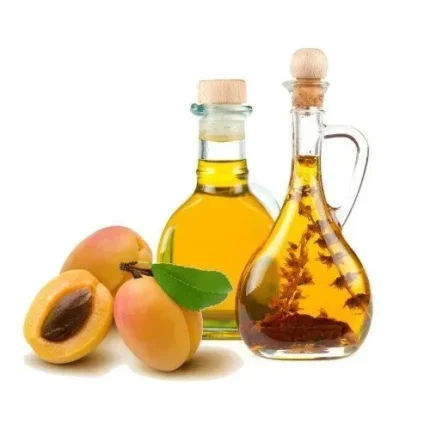
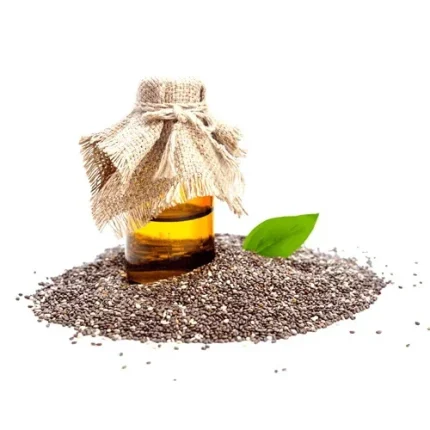
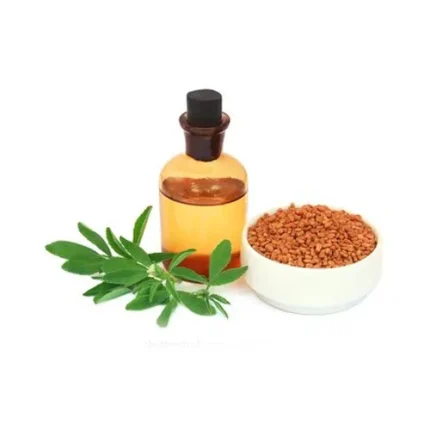
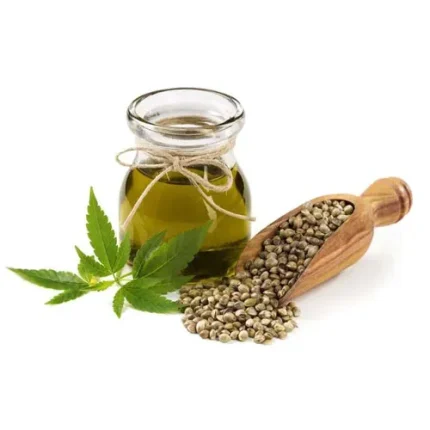

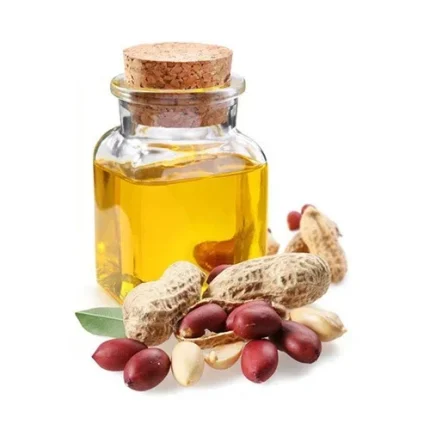
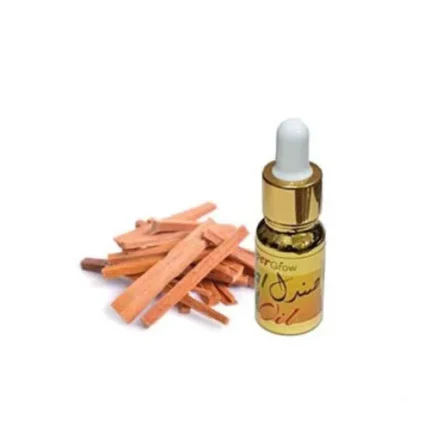

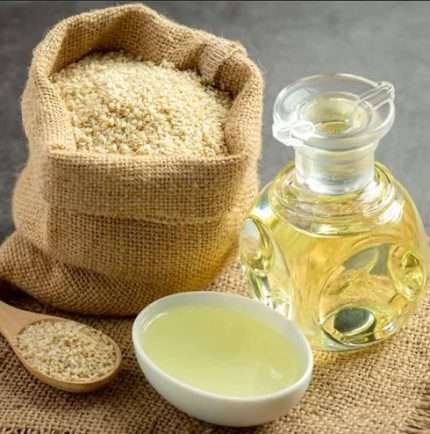
Reviews
There are no reviews yet.